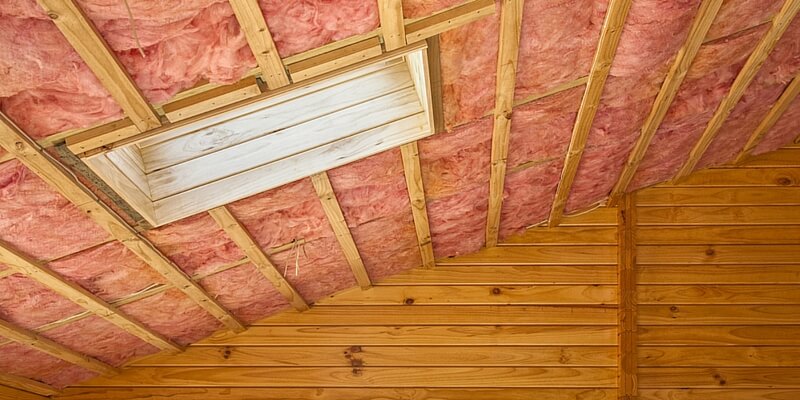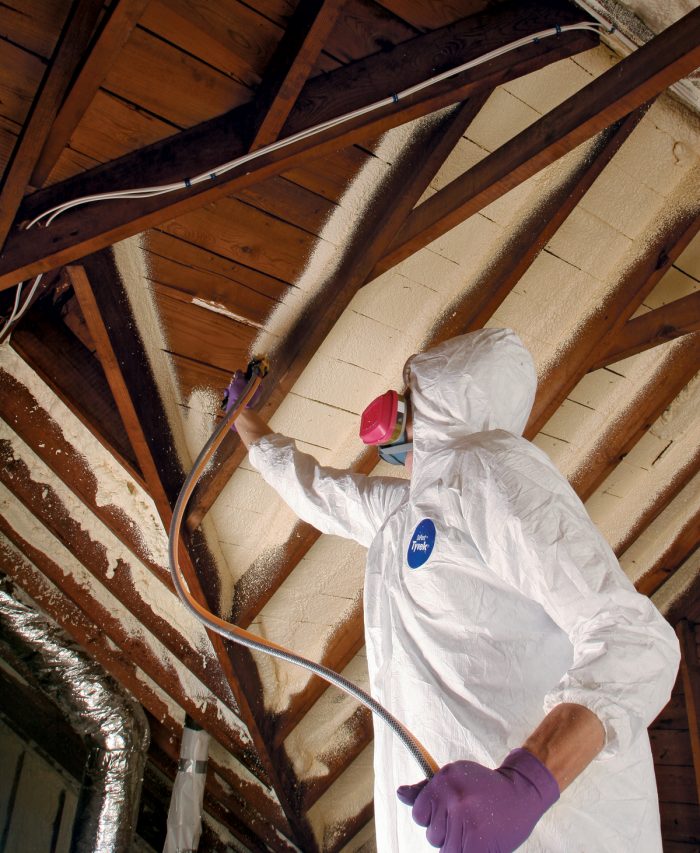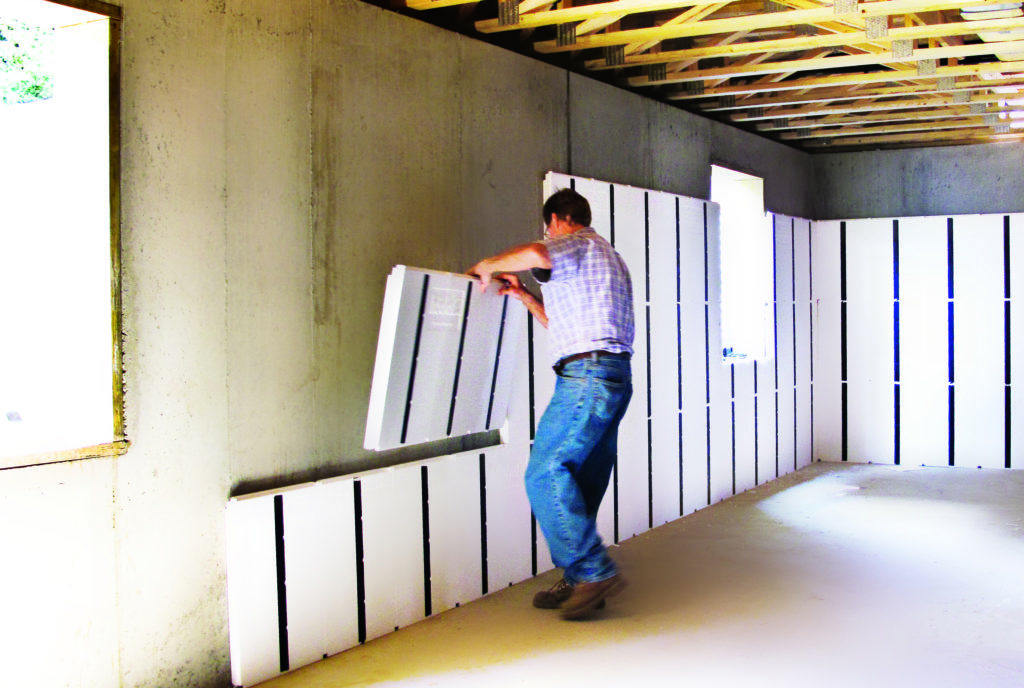How to properly insulate your home
 Insulation is the barrier to heat flow and is mandatory to keep your home cool in summer and warm in winter. A well-insulated home provides comfort throughout the year, thereby cutting heating and cooling bills up to half.
Insulation is the barrier to heat flow and is mandatory to keep your home cool in summer and warm in winter. A well-insulated home provides comfort throughout the year, thereby cutting heating and cooling bills up to half.
You always think that you will not need insulation until there is a very cold winter that chills your bones! Insulation protects your home from harsh environmental conditions, moderates temperature internally while saving costs. However, you should know where to install insulation for it to do the job properly.

Unless your house is designed specifically for energy savings, you will possibly reduce your energy costs by adding additional insulation. Many older houses have less insulation than houses constructed today, but in a few years time, adding insulation to a newer house will compensate for itself and increase the value of your property.
To decide when insulation can be included, you must first figure out how much insulation you actually have in your home and where it is. A trained inspector for home insulation may include an insulation review as a regular part of a full-house energy evaluation. An energy inspection, also known as a home energy audit, can also help locate places in your home where insulation is needed.
What are the types of insulation?
-
Install wall insulation
Wall insulation must be done during the construction of new homes. It is important and very easy to do in the initial stages of construction

-
Spray on insulation
As the name suggests, the insulation is sprayed on between the walls, where it expands and fills the space providing insulation
-
House wrap
House wrap is an all synthetic material used by builders to create insulation. House wrap is a suitable medium for constructors concerned with preventing moisture from penetrating the cavity of walls. Wall moisture can cause moulding, termites and other problems.
-
Structural Insulated Panels
Structural Insulated Panels (SIP's) are used in floors , walls and roofs to provide a high-performance material that is extremely durable, powerful, energy-efficient and acts as an insulator.
-
Insulated Concrete Forms
As the name implies, concrete forms form a part of the home's construction and act as insulation.
-
Insulated Vinyl Siding
Insulated vinyl siding provides an alternative to pricey insulating materials. The traditional design provides a modern strategic advantage and gives homeowners and builders many advantages.
Where should you install insulation in your home?
Basements
The amount of insulation in a basement would depend on whether or not the basement was separated beforehand. Insulation in modern buildings can minimise thermal bridging, mitigate heat loss, offer moisture control and reduce the condensation issues associated with poorly insulated areas.
If you need insulating internally, you can use almost any form of insulation and save money. Please note to check with your building code the types of insulation permissible on the inside basement walls.
Attics
If you plan to insulate an attic then start using loose-fill or batt insulation.Loose-fill insulation is less costly than batt insulation, which can have greater shielding when correctly installed.
Remember to plug any air leaks during the insulation process, and complete the necessary repairs. Do not neglect to insulate the walls as well.
Walls
One of the easiest and simplest ways to remove is to use spray-on insulation when remodelling. Spray-on insulation can deliver superior air sealing when using the thick pack technique. It can be quickly installed, hence reducing the amount of planning necessary.
Ceilings
The insulation needed to be installed will depend on the structure of the ceiling. To have room for insulation and ventilation, you have to have space between the roof decks and the ceiling.
Air ducts
Always aim to build ducts in archways that have adequate insulation in conditioned rooms. To reduce the energy leaks, ducts should be sealed and insulated.
What are the other steps to insulate your home?
To maximise your homes' insulation, there are also several other methods to keep your home warm in winter and cool in summer.
Steps to properly insulate your home
- Stop energy loss through doors. This may be done by fitting exterior doors with draught excluders. Even sealant strips are easy to fit as a DIY.
- Ensure well insulated windows. Crevices and cracks around window frames are a popular escape point. Running your hand palm around the window is enough to find the weak point. If you feel a breeze, it means there is a gap. You should put a sealer or putty and patch the weak point.
- Double glazing is another method used to insulate the home. Although a costly investment, over time this option can help you save drastically on your energy bill.
- Closing blinds or curtains after dark helps trapping warm air and prevents draughts. Use blinds and curtains featuring thermal backing to ensure added warmth retention.
- Fill floor gaps, especially between the floor and the skirting board.
- Wrap your hot water tank in a jacket of 80mm. This will cut 75% of heat loss.
Professionally installed insulation provides your home with greater insulation. Although, this process might be more expensive than a DIY, the upfront money spent will be well paid back and there will be a positive difference in your living environment.
Do you need a local insulation expert? Find one at service.com.au and get free no obligation quotes from our local trusted insulation experts today.
Get free quotes in minutes.
Get quotes from our qualified and licensed tradies Australia wide.


